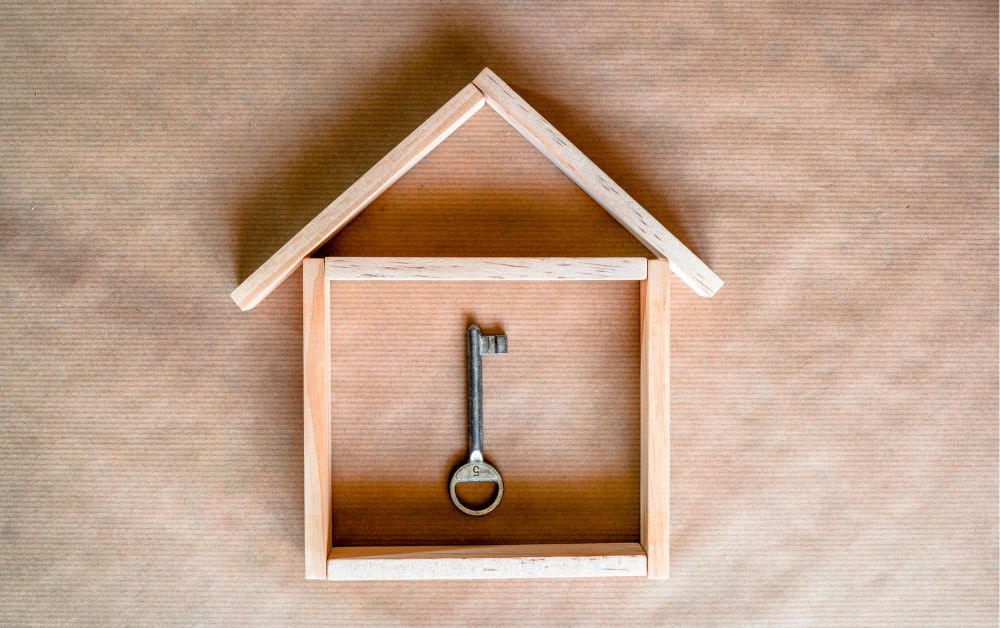Purchasing a Home—at Age 25 or 40?
Deal Acres
Last Update 2 years ago
Most people agree that right now is the perfect moment to purchase home. When you have done significant market research and are between the ages of 25 and 40, the timing of property purchase rarely goes wrong. Nevertheless, there are certain benefits and drawbacks to purchasing a home at various ages. Let us just simply look.

Purchasing a Home at Young Age
Age is a relative term. In the context of buying a home, “young” is often defined as “less than 30 years of age.” Your ability to buy a home at a young age is heavily influenced by your income. If you want to buy a house when you’re young, you need to be aware of and understand the following facts.
Tax advantages: Young professionals making at least Rs 10 lakh before turning thirty years old are now very normal. They would therefore receive enormous tax benefits from investing in real estate. A home loan of about Rs 50 lakh with an EMI of about Rs 50,000, for instance, would be available to someone making a salary package of Rs 15 lakh annually. One could save up to Rs. 50,000 in taxes each year in such a situation
Better planning: In addition to tax advantages, purchasing a home when you are young ensures better life planning. To start, you will already own home before turning 30. If you decide to buy a home by the time you are 25, you will have paid off your installments by the time you are 40.
Fewer financial responsibilities as old age: Property values rarely decline unless the property is unlawful or situated in an area affected by crime or social problems. As a result, if you made a wise investment, you will have something to fall back on in your later years. Additionally, you wouldn’t have to worry about paying EMIs, which can sometimes make people stay in unfavorable jobs or restrict their ability to retire.
Limited availability of fund: purchasing real estate at a young age reduces the amount of money that is available for other investments or uses. In the event of a family or personal emergency, you wouldn’t have enough money because a significant portion of your monthly income would be going toward paying off your EMIs. Additionally, you might be unable to invest elsewhere.

Purchasing a Home at Middle Age
The longer you put off buying a home, the more you’ll have to spend because property values are constantly growing. But there are certain advantages to owning a house in your middle years as well.
More flexible income: Purchasing a home later in life, most likely beyond the age of 35, enables one to save enough money to invest. Additionally, since there are no significant liabilities, one has more opportunities to enjoy the early years of financial independence.
Contribution of the partner: Purchasing a property a bit later in life also requires support from the partner in terms of money and emotions. Couples who purchase a home typically split the EMIs. Additionally, it is preferable to ask your life partner’s opinion on issues like the style, location, and size if you are purchasing a property for your own use. After marriage, people frequently find themselves moving to a new house to accommodate their partners.
Future family needs: Another benefit of delaying home purchases is the ability to prepare ahead for your family’s needs in the future. For instance, you would have a better notion of your family size, where your children would be attending school, and where your spouse would be employed at age 35 or 40, among other things.

Clearly, there is no appropriate age to purchase real estate. The only things to consider while making a purchase are your own wants and financial situation. If you are dependent on home loans and wish to live in one of India’s big cities, it is ideal to buy young. You are given the choice of lengthier loan tenure. It could be preferable to purchase a home later in life if you have the financial resources to do so without using loans. You can very simply base your choice in this situation on the state of the market.
Disclaimer: The opinions shown above are mainly for informational reasons and are based on market research. Deal Acres is not responsible for any actions made as a result of relying on the provided material and makes no representations as to its accuracy, completeness, or reliability.

